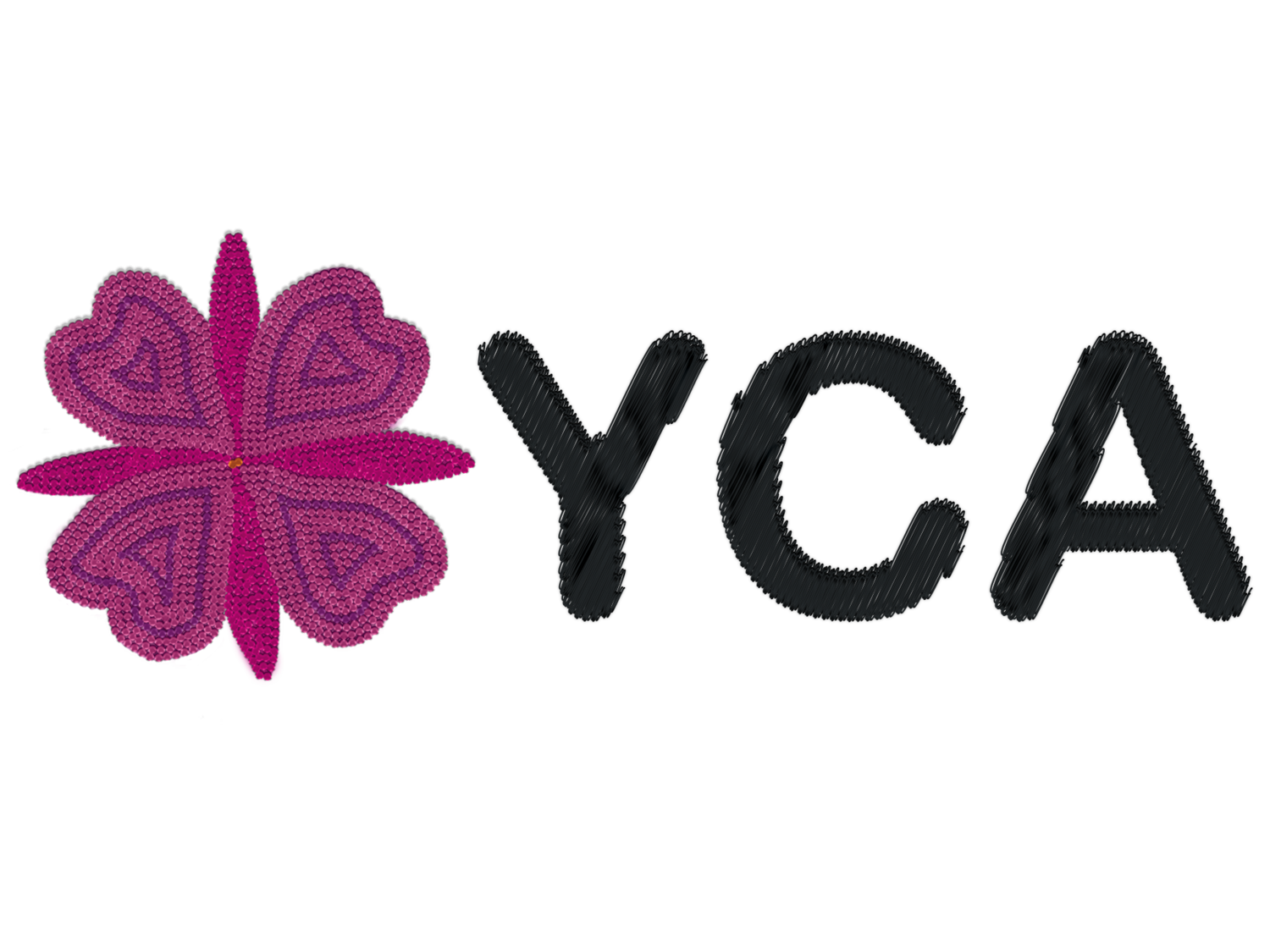Indigenous Internship Program
FALL 2021 INTERNSHIP PROGRAM
October 4 – November 26, 2021
Application Deadline: July 25, 2021
How to apply: Please email your resume, two references, and a cover letter outlining why you wish to be in the program and what you hope to learn, along with your plan for securing safe housing in Vancouver to Sarah E. Holland: sarahelizabeth.holland@ubc.ca
Wages: Interns will receive an hourly wage of $21.50/hour. Travel costs to MOA (return) will also be provided.
This new internship program has been developed by six Indigenous partners: the Musqueam Indian Band, the Squamish Lil’wat Cultural Centre, the Haida Gwaii Museum, the U’mista Cultural Society, the Nlaka’pamux Nation, the Coqualeetza Cultural Society, and the Museum of Anthropology at UBC. Funding is provided by Heritage Canada Museums Assistance Program and Mellon Foundation.
Areas of study include Collections Management, Conservation, Library and Archives, Oral History Language Laboratory, and Curatorial work.
There will be two annual calls for applicants: Spring and Fall. Placements are 10 weeks, 35 hours per week but may be adjusted to part-time, over a longer duration in order to meet family or community needs.
Location: At the Museum of Anthropology at UBC, in Vancouver, for eight weeks with a two-week placement at one of the six Indigenous partner organizations.
https://moa.ubc.ca/indigen.../indigenous-internship-program/



